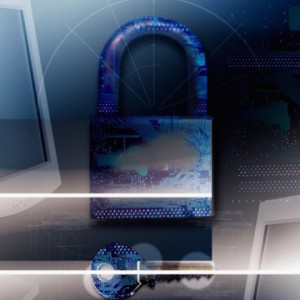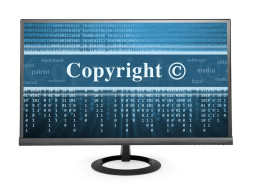Let’s think back in time to January 18, 2012. To those who remember, the day may have been an ordinary one—but to web developers, policymakers, content creators, internet users, and others across the world with a vested interest in SOPA and PIPA, it was quite a different experience. Students may have noticed that their beloved Wikipedia had shut down their website for the day, while readers tuning in to the Condé Nast owned Wired for their daily dose of technology news, would have been prevented from accessing articles due to black censorship bars placed over content. The aim of these protesting websites—which included Google, Mozilla, O’ Reilly media and thousands of others—was clear. With SOPA and PIPA enacted into law, web content could not only be censored by policymakers on that day—it could be censored every day.
What are SOPA and PIPA?
SOPA stands for the Stop Online Piracy Act, while PIPA stands for the Protect Intellectual Property Act. These are two bills introduced in the U.S. House of Representatives and Senate respectively. Both bills are essentially designed to tackle the same issue—that of websites that offer pirated U.S. movies, music, content, and products—even counterfeit pharmaceuticals. Though these bills were supported by organizations such as The Motion Picture Association of America and the Recording Industry Association of America, which have both argued that online piracy crushes the entertainment industry by reducing the income artists, studios, labels and others earn for their work, they have been met with vehement global opposition.
What is CISPA?
CISPA stands for the Cyber Intelligence Sharing and Protection Act—another Act introduced by U.S. lawmakers that is up for debate at the end of this month. While SOPA/PIPA’s aim was to fight internet piracy, CISPA takes this a step further by seeking to protect U.S. websites against cybersecurity attacks, such as hacking to steal information.
How would they affect us in Jamaica?
SOPA, PIPA and CISPA have been criticized for seeking to restrict the freedom and privacy of internet users across the globe—including Jamaica. SOPA/PIPA in particular seek to target non-American websites—meaning that perfectly legal Caribbean social networks unknowingly hosting pirated content posted by users could be shut down immediately. Detractors also argue that this could extend to popular social networking sites like Facebook and Twitter—sites that thousands of Jamaican people and businesses use every day.
Caribbean sites which may have been unfairly ‘blacklisted’ would be purged from the Internet—Google would not be able to list them in a search, Facebook would be legally compelled to block links to them from Facebook statuses, and payment processors such as Paypal would be unable to do business with them.
CISPA, on the other hand, could potentially give the U.S. government and the private sector the power to pry into the private e-mails, tweets and messages of internet users in the name of protecting against the vaguely-defined “Cyber threat.” As the bill does not clearly state whether it only applies to American users, or to all users of an American web service, this could give the U.S. government the power to look into the private information shared between all people across the globe—including Jamaicans.
At the same time, the benefits of such laws must be recognized. Piracy in the retail and entertainment arena is obviously a cause for concern. SOPA/PIPA and CISPA may have come off as hard-lined in their approach to the problem but how best do you tackle this “virtual” issue.
While it was announced in mid-January that progress on SOPA/PIPA would be halted until issues raised on the bills were resolved, the possibility remains that they could be reconsidered in the future. Additionally, though many have raised concerns about CISPA’s potential to infringe on the privacy of all Internet users, including the White House, the bill has already gained the support of 113 congressional members. Whether or not CISPA becomes law—and the Internet becomes a very different place, whether negative or positive, for users across the world, and here in Jamaica—will be up to the legislative moves of our North American neighbour.
(100)







